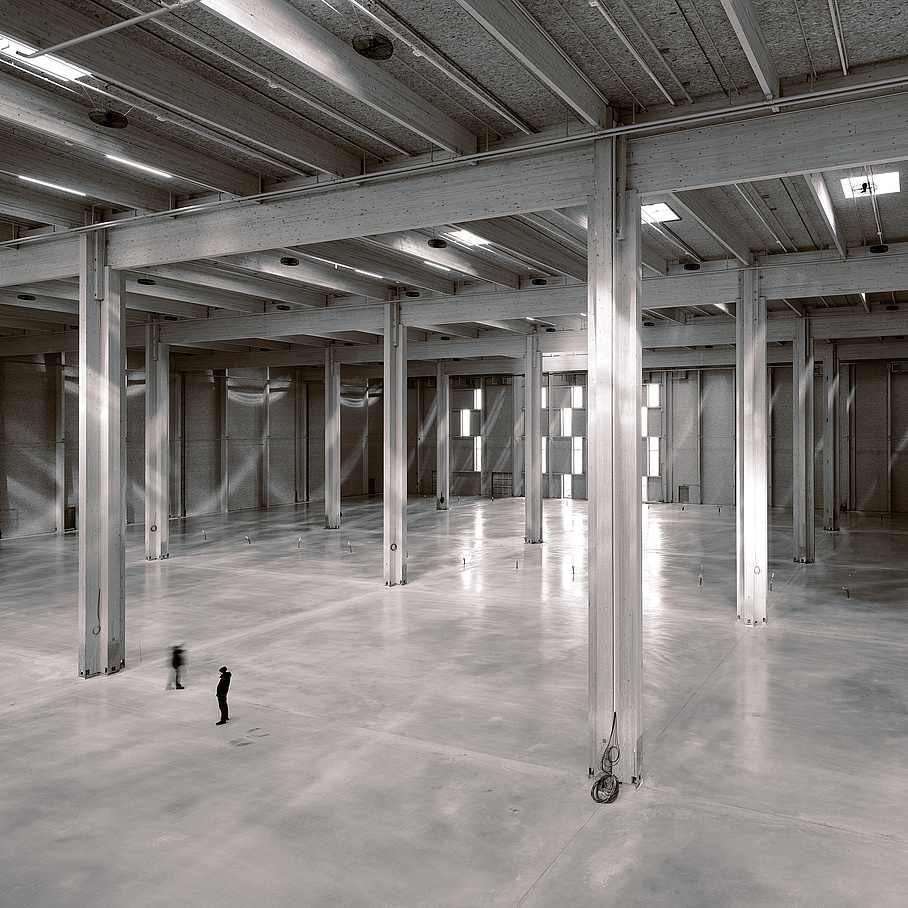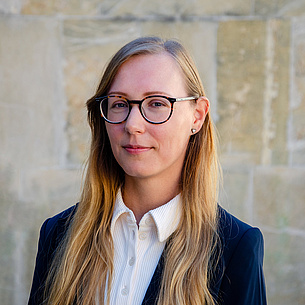Form and join the future of construction!
In addition to the technical expertise required for working with timber as a building material, all modules of the course place a particular focus on sustainable construction.
We prepare you for the challenges and opportunities of building with timber as a future market!

Dates and deadlines
- Next start: on request
- Application deadline: on request
- Online information event: on request
Quick Facts
- Duration: approx. 10 weeks
- Upon completion: Certificate from TU Graz (if final examination is passed successfully), confirmation of participation (without successful completion of the final examination)
- ECTS credit points: 15
- Course language: German
- Participation fee: EUR 3,500 (VAT-free) including course materials and drinks during breaks
- Location: TU Graz
- Number of participants: max. 20
- Curriculum
This course counts towards the mandatory training for engineering consultants of the Chamber of Civil Engineers Austria.
Discounts and funding
Opportunities for additional funding (selection)*
- Skills Schecks 2024 | Austrian Research Promotion Agency (FFG) (up to 60%)
- Weiterbildung mit Weitblick: Weiter!Bilden - SFG (up to 30%)
*Please note that this list is for your information only and TU Graz does not guarantee that you will be approved funding.
In cooperation with

Content
The university course consists of 3 modules each worth 5 ECTS credit points:
- Module name: Timber as a Building Material (wood as a resource, properties, types of wood, design differences compared with other materials)
- Module name: Timber Construction Methods and Load-Bearing Systems (historical and modern timber construction methods and load-bearing systems, structural engineering, modelling and tectonics)
- Module name: Timber Structures (resilient constructions and structures, polyfunctionality, prefabrication and joinery, modular construction, common multi-storey building typologies)
Forms of teaching and learning
Each module consists of three stages:
- Online stage: At this stage, participants learn theoretical knowledge in courses that are either presented or unlocked on a weekly basis. The courses make use of teaching aids such as learning videos, accompanying online material and peer interactions. Optional self-assessments allow participants to check and review the material learned. The online learning platform also features a forum in which learners can contact and exchange ideas with lecturers or with each other. This self-learning phase is focused on independent study of the basic literature. Participants are expected to work out basics, and to prepare for or follow up on individual or group work in the in-person stage.
- In-person stage: The in-person stage is conducted as a mixture of teacher-centred lectures and peer discussions, excursions and seminars. A particular focus is on joint discussions and interdisciplinary work (in plenary, in groups). Theoretical information is illustrated and consolidated with the aid of examples, and tasks are completed in the form of individual or group work.
- Transfer stage: A transfer or design project related to real-life work rounds off the didactic concept of the university course. These projects are developed in interdisciplinary groups depending on the constellation of course participants.
Lecturers
- Module Timber as Building Material: DI Dr.techn. Georg Flatscher, BSc.
- Module Timber Construction Methods and Load-Bearing Systems: FH-Prof. DI Dr. Markus Wallner-Novak and HBM DI Alan Hofmann
- Module Timber Structures: Architect DI Stefan Nussmüller
After completion of the university course, you will have:
- comprehensive knowledge of timber as a resource and materials as well as current developments and possible areas of application.
- knowledge of timber construction methods and associated load-bearing systems along with the most important criteria for resource-optimised, modern timber construction with regard to structural design and tectonics.
- the ability to develop resilient structures for multi-storey timber buildings and an understanding of serial construction methods and prefabrication.
- expertise in ecological and sustainable construction with timber and the ability to set an environmentally conscious course in construction projects.
- strong problem-solving skills to develop complex timber construction solutions.
Target groups and admission requirements
The university course is aimed at specialists and leaders in the construction industry who wish to further their education and position themselves in the field of timber construction. In particular, the university course is aimed at
- Architects
- Civil engineers
- Planning master builders
- Master carpenters who want to increase their expertise and skillset in the field of contemporary timber architecture.
The prerequisite for admission to the university course “Fundamentals of Timber Construction” is one of the following qualifications:
- Completed academic degree (at least BSc) in architecture / civil engineering or
- Completed master craftsman’s examination in the field of timber construction with three years of professional experience or
- Completed master builder examination with three years of professional experience
Future fields of work
The skills acquired in the university course allow graduates to work on or develop timber construction projects as specialists and managers in civil engineering firms (architecture, civil engineering) or to work in timber construction companies.
Depending on the graduate’s specific professional background, the following fields of work are suitable:
- Timber construction consultant, project manager, e.g. in public institutions
- Demanding (management) functions in timber processing companies
With a professional background in architecture:
- Timber construction architect
With a professional background in civil engineering:
- Timber construction structural engineer
With a professional background in architecture or civil engineering:
- Timber construction building designer
- Timber construction engineer
Academic management
Institute of Architecture Technology, Chair of Timber Construction at TU Graz
Tom Kaden
Dipl.-Des. BDA Univ.-Prof.
Bettina Gossak-Kowalski
Dipl. Ing.
gossak-kowalski@tugraz.at

Contact

Contact
Sarah Meinhardt
BA
TU Graz Life Long Learning
Tel.: +43 316 873 4945
lifelong.learning@tugraz.at
